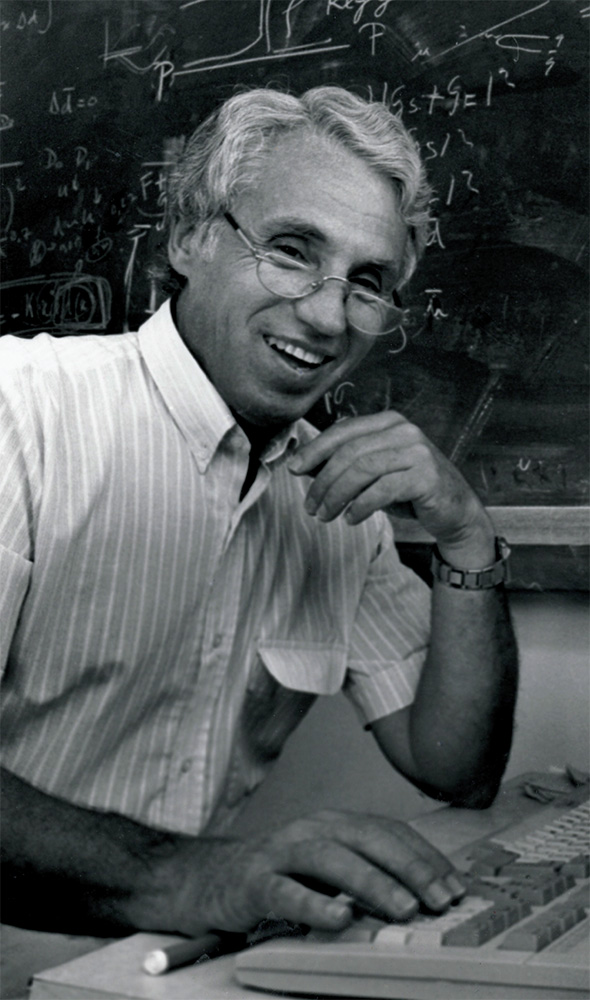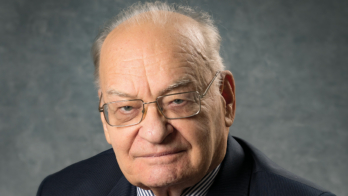
Jacques Soffer, a prolific theorist and phenomenologist with nearly 300 articles in journals or conference proceedings to his name, was born in 1940 in Marseille. During the war, he and his family were sheltered in a farm in the Alps. Afterwards, Jacques came back to Marseille, studied there, and obtained his doctoral degree under the supervision of A Visconti. He spent most of his career at the Centre de Physique Théorique in Marseille, serving as director from 1986 to 1993. He enjoyed sabbaticals at Maryland, Cambridge, CERN, the Weizmann Institute and Lausanne University, and after his retirement he became adjunct-professor at Temple University in the US.
Jacques played a big part in persuading the elementary particle community of the importance of polarisation-type measurements, which provide a probe of dynamical theories far sharper than tests involving just differential and total cross-sections. He is renowned in the community for predicting, together with Claude Bourrely and Tai Wu in 1984, the dramatic phenomenology of the growth with energy of the proton–proton cross-section. This prediction still holds when compared with experimental data after a 100-fold increase in collision energy – up to and including LHC energies. In 1999 Jacques contributed to a paper showing how to make an absolute measurement of the degree of polarisation of a proton beam – which was essential to the success of the Brookhaven spin programme.
In recent years, Jacques showed how positivity sets bounds on spin observables, with important applications to the extraction and determination of the polarised parton structure functions and to low-energy hadron–hadron scattering. His various achievements culminated in three major reviews in Physics Reports.
Jacques always cooperated closely and fruitfully with experimentalists. Entire programmes, such as the polarised proton–proton collisions at Brookhaven’s Relativistic Heavy-Ion Collider, were inspired by his work and carried out with his guidance. Along his career, Jacques organised or co-organised several workshops and conferences on spin physics, and in more recent years was often giving the summary talk.
Throughout his pioneering work in particle physics, Jacques always got to the central issues very quickly, guided by an uncanny feeling for the new physics that roused the amazement and admiration of his collaborators. His colleagues and collaborators, and especially his thesis students, benefited from his advice and his broad knowledge of theory tools and experimental facts. They unanimously praised his warm friendship and hospitality, his sense of humour and his widespread interests in the arts, literature and technology.
Jacques is survived by his wife, Danielle, their three children and nine grandchildren.





